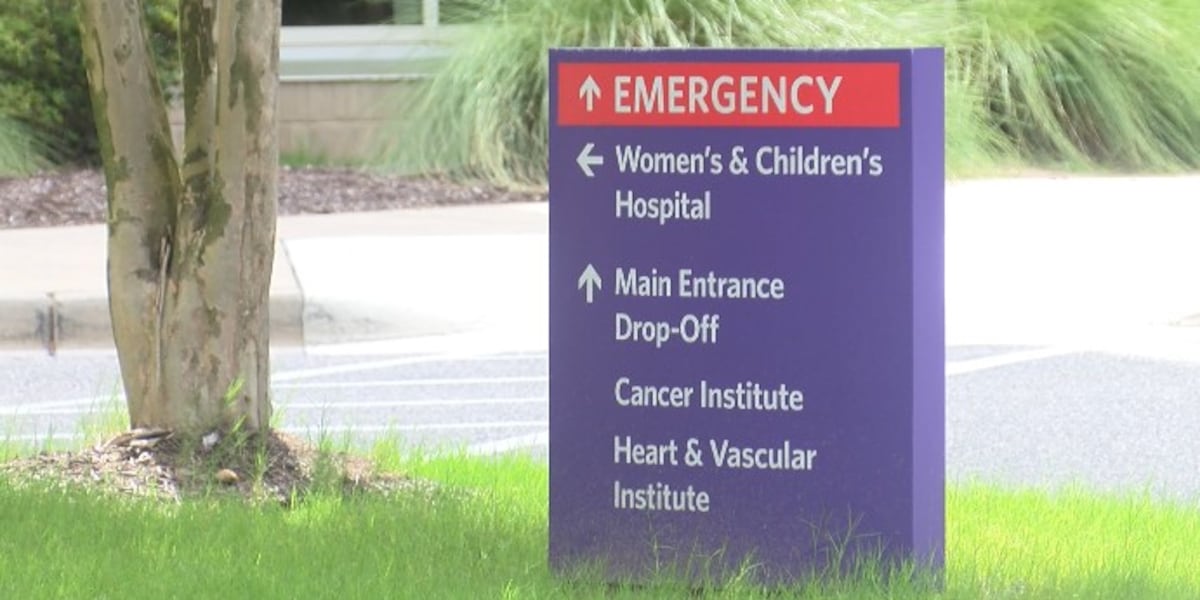India's First Responders: Battling Mental Health Crisis - A Silent Struggle

The Unseen Scars: Mental Health Challenges Among India's First Responders
India's brave first responders - police officers, firefighters, paramedics, and ambulance personnel - are the frontline heroes who rush towards danger when others flee. They witness trauma, face life-or-death situations, and bear witness to profound human suffering daily. While their physical courage is widely acknowledged and celebrated, a growing concern is the often-overlooked mental health toll this demanding work takes on them. Recent studies and anecdotal evidence consistently reveal that first responders in India are at significantly higher risk of experiencing depression, anxiety, post-traumatic stress disorder (PTSD), and tragically, even suicidal ideation.
The relentless pressure, long hours, exposure to traumatic events, and the emotional burden of witnessing loss and suffering create a perfect storm for mental health challenges. Unlike professions where individuals can compartmentalize work and personal life, first responders often bring the intensity of their experiences home, impacting their relationships, sleep, and overall well-being. The constant need to remain calm and composed under immense pressure further exacerbates the problem, often preventing them from seeking help due to perceived stigma or a belief that showing vulnerability is a sign of weakness.
A Paramedic's Story: The Daily Grind and Hidden Struggles
“It’s not something we talk about openly,” shares Rajesh Kumar, a seasoned paramedic from Mumbai, reflecting on the culture within his profession. “We’re trained to be strong, to save lives, to handle anything. Admitting you’re struggling feels like letting the team down.” Rajesh recounts a particularly harrowing day involving a major accident, the memory of which still haunts him. “The sights, the sounds… they stay with you. You try to push it down, but it builds up. Sometimes, it’s overwhelming.” Rajesh’s experience highlights the pervasive silence surrounding mental health within the first responder community.
Addressing the Crisis: Towards a Culture of Support
Recognizing the severity of the issue, there's a growing need for systemic changes and increased awareness. Several initiatives are emerging across India, aimed at providing mental health support and fostering a culture of openness and acceptance. These include:
- Mandatory Mental Health Training: Integrating mental health awareness and coping strategies into initial and ongoing training programs for all first responders.
- Confidential Counseling Services: Establishing readily accessible and confidential counseling services, both on-site and through external partnerships.
- Peer Support Networks: Creating peer support groups where first responders can connect with colleagues, share experiences, and offer mutual support in a safe and non-judgmental environment.
- Destigmatization Campaigns: Launching public awareness campaigns to reduce the stigma associated with seeking mental health help and encouraging open conversations about mental well-being.
- Early Intervention Programs: Implementing early intervention programs to identify and address mental health concerns before they escalate into more serious conditions.
The Path Forward: Prioritizing Mental Well-being
The mental health of India’s first responders is not just a personal issue; it's a public safety concern. Burnout and mental distress can impair their ability to perform their duties effectively, potentially jeopardizing the safety of both themselves and the communities they serve. Investing in their mental well-being is an investment in the safety and security of the nation. It requires a collective effort from government agencies, law enforcement departments, fire services, and healthcare providers to prioritize mental health, provide adequate support, and create a culture where seeking help is seen as a sign of strength, not weakness. Only then can we truly honor the sacrifices of these everyday heroes and ensure their long-term well-being.






